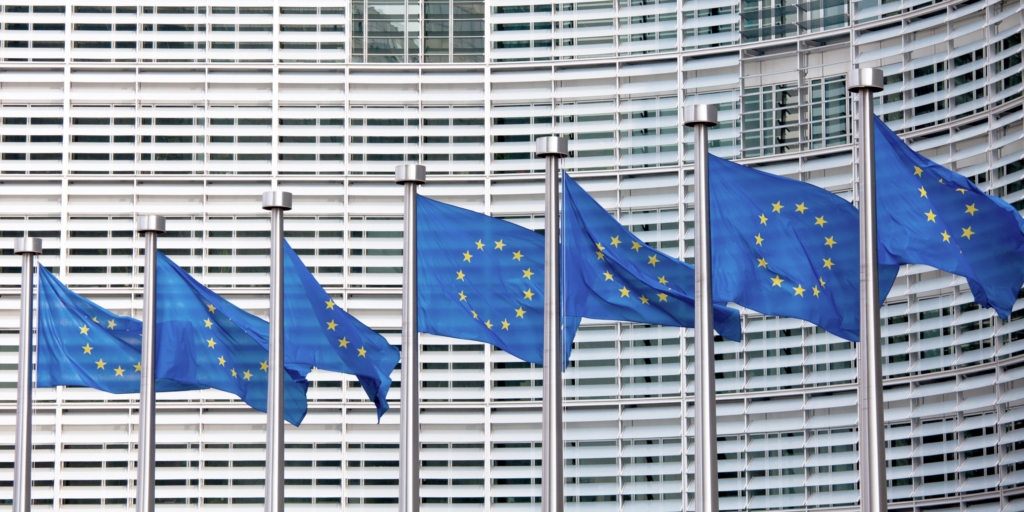Amendments to the proposed Critical Raw Materials Act

The Council and Parliament deal on the 13th November involves several alterations to the proposed Critical Raw Materials Act, put forward in March this year
(EU launches a Critical Raw Material Act – the proposal will impact Norwegian mining legislation – Simonsen Vogt Wiig (svw.no).
In the European Commission’s original proposal, 34 raw materials were listed as critical raw materials, while 16 raw materials were listed as strategic raw materials. In the provisional agreement, aluminium has now been added to the list of strategic raw materials.
Furthermore, projects able to produce innovative raw materials that substitute strategic raw materials in relevant technologies can also be candidates to be recognized as Strategic Projects and benefit from the priority status of such projects.
In addition, under the provisional agreement, member states are given the option to raise objections regarding the development of a project within their territories.
The benchmarks set out in the original proposal relating to the EU’s extraction capacity og production capacity remains at 10 % and 40 % of the EU’s annual consumption. The benchmark for recycling has, however, been increased from 15 % to 25 % of the EUs annual consumption, setting out an ambitious goal in this area.
The agreement also amends the proposed time frames of the permit procedure, as the total duration of the permit granting process should not exceed 27 months for extraction projects and 15 months for processing and recycling projects. The time frame will not include the project promoter’s production of the environmental report, the time frame will include the public consultation needed for an environmental impact assessment.
Finally, companies exposed to shortages of strategic raw materials in strategic technologies should prepare as they can be required to regularly carry out a risk assessment of their supply chain of strategic raw materials, mapping where the materials come from, how supply can be affected and detecting vulnerabilities to supply disruptions.
This may pertain to battery manufacturers, hydrogen producers, renewable energy generators, data transmission and storage, or aircraft production.
The agreement is provisional, pending formal adoption by both the Council of the EU and the European Parliament.
Simonsen Vogt Wiig are experienced in advising national and international mining companies and have a detailed understanding of the industry and the regulatory system. We are pleased to offer support in any related matters.
Link to article


 Post a comment
Post a comment Print article
Print article

